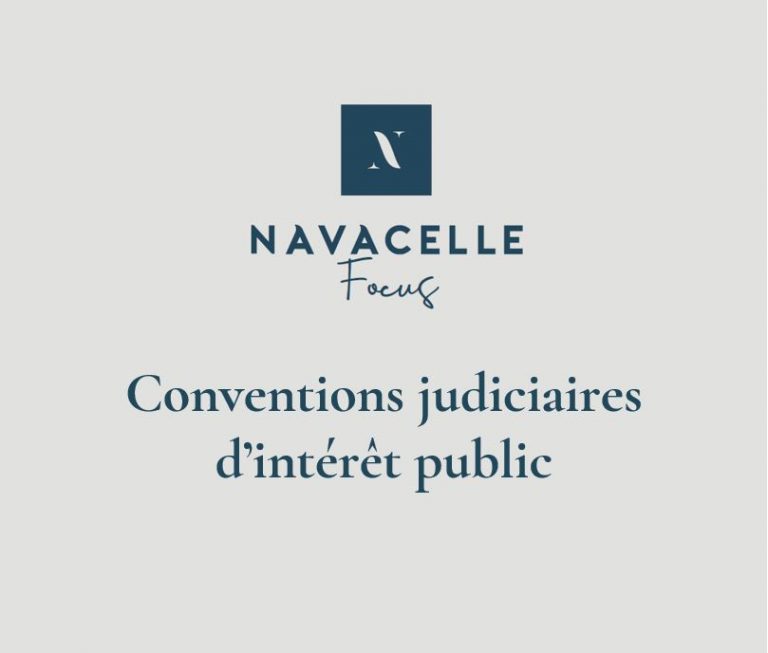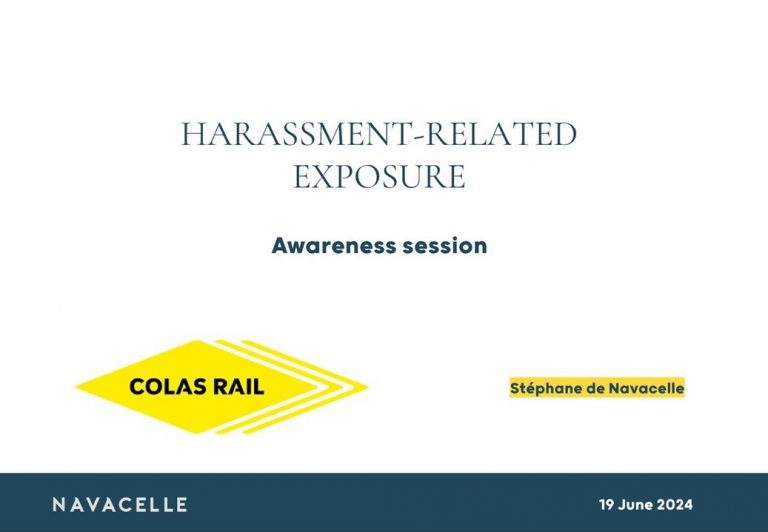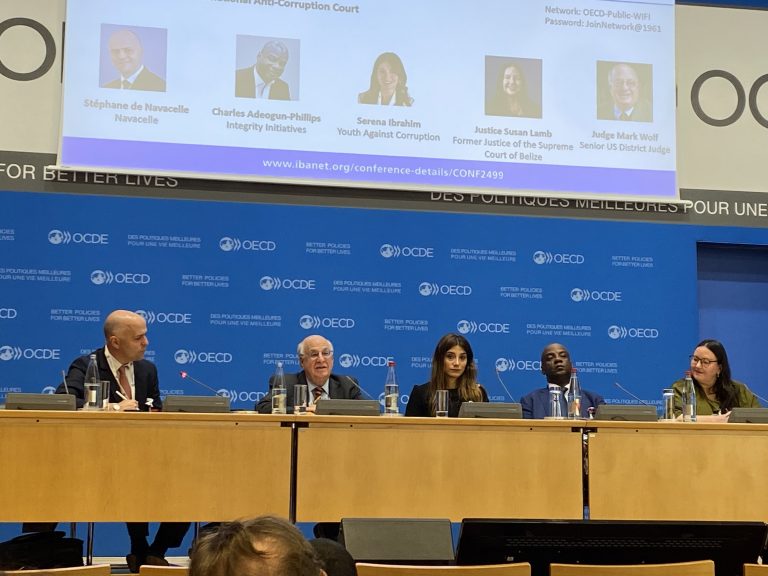Facing widespread concern about the huge losses affecting the European Union (“EU”) budget due to specific serious offences, the EU has set an independent European Public Prosecutor’s Office (the “EPPO”) up by a Council regulation dated 12 October 2017 (“Regulation”). Indeed, and despite the establishment of several European institutions such as Eurojust (2002) and OLAF (1999), the offenses related to the European Union budget were deemed insufficiently investigated and prosecuted in Europe. Similarly, the investigations conducted by Member States’ national authorities, which jurisdiction ceases at national borders, suffered from gaps in the judicial cooperation. The EPPO, as the first EU’s supranational authority is therefore responsible for investigating and prosecuting criminal offences affecting its financial interests in 22 out of the EU’s 27 Member States (“Participating countries”), including fraud, cross-border VAT fraud, money laundering, misappropriation and corruption. The EPPO will start operating as of 2021, already having appointed the first European Chief Prosecutor in October 2019, Laura Kovesi, and the full College of European Prosecutors in July 2020. This independent authority which has a wide – even extraterritorial – jurisdiction, would be a potential significant addition to the white-collar enforcement landscape in the European Union that will strengthen complex and global investigations for all companies involved in EU projects or subject to the EU’s VAT regime.
In order to ensure its efficiency, Participating Countries have committed to respect the independence of the EPPO and “to not attempt to influence it in the performance of its assignment”. Similarly, the EPPO will not accept instructions from the EU institutions or national authorities. From an operational point of view, the EPPO will operate as a single office divided into two levels: central and national level. The central level, which consists of the European Chief Prosecutor and the College of prosecutors, is in charge to (i) determine the criminal justice policy via decisions regarding the strategy and (ii) supervise the investigations conducted at the national level.The decentralized level, which consists of a European Delegated Prosecutor in each Participating country, carries out the investigation and prosecution on the national territory. This divided structure enables the EPPO to ensure compliance with national rules while remaining independent of countries’ interference as the decisions are issued by the central level.
The EPPO is in charge to enforce the 2017 PIF Directive (“Directive”). This Directive harmonizes the definitions, sanctions and limitation periods of the criminal offences falling within the EPPO’s jurisdiction as well as extensively defines the concept of EU’s “financial interests” and therefore the jurisdiction rationae materiae of the EPPO. As such, the EPPO will have jurisdiction to investigate offences affecting “all revenues, expenditure and assets covered by, acquired through, or due to the Union budget and the budgets of the institutions, bodies, offices and agencies”. The Directive also enables the EPPO to pursue both authors and accomplices of these offences. It should be noted that a company can be under an investigation conducted by the EPPO only in the event that the offense has been committed by a person who has a leading position within the company and for the latter’s benefit. To broaden EPPO’s scope, the Directive defines however very briefly the concept of “leading position” based on (i) the power to represent the company (ii) the authority to take decisions on behalf of it, or the authority to exercise control within the company. Similarly, the Directive makes no difference if the person acted “either individually or as part of an organ” of the company. It therefore seems that the Directive aims at including a large number of persons within the company whose acts can incur the company’s liability. The purpose is to ease the prosecution of companies. Further, the Directive only requires the Member States to implement corporate liability, whether criminal or not – administrative for example – with the aim, anew, of extending the scope of the EPPO. Consequently, it appears that the EPPO will oversee a large number of offences, positioning itself as a new interlocutor that many companies have to consider.
According to OLAF report 2018, of the 84 investigations concluded in 2018, no less than 37 concerned a country outside the Union. For this reason, the Regulation clearly aims at extending the territorial competence of the EPPO providing that “the EPPO should exercise its competence as broadly as possible so that its investigations and prosecutions may extend to offences committed outside the territory of the Member States”. The Regulation therefore states that the EPPO will be competent to investigate and pursue foreign companies when (i) the offence is committed in whole or in part within the territory of one or several Member States or when (ii) the person who committed the offence is a national of an Member State or subject to the “Staff Regulations or to the Conditions of Employment”, provided in the last both cases that a Member State has jurisdiction for such offences when committed outside its territory. Beyond extensive territorial competence, the EPPO also benefits from international cooperation tools. On the one hand, the EPPO will benefit from close cooperation with several EU agencies, inter alia, Eurojust, OLAF and Europol. On the other hand, the Regulation requires enhanced cooperation between the EPPO and third countries – e.g., working arrangements with the authorities of third countries and international organizations regarding the exchange of strategic information, international agreements concerning cooperation in criminal matters concluded by the EU etc.
The EPPO is promoted as the first step for enhanced supranational cooperation, opening the door to European jurisdiction in criminal matters. The Regulation and the Directive have therefore provided the EPPO with tools to become an important player in the European white-collar crime enforcement field in order, inter alia, to increase the level of protection of the EU budget and to provide a safer environment to all economic actors. Recently created, one can already guess an extension of competence to areas other than European finance. This innovative initiative may indeed serve other cross-border fights such as terrorist crimes or serious environmental crimes. The EU shows a deep interest in increased cooperation in criminal matters at the European level, especially since the European Treaty on the Functioning of the EU foresees the possibility to extend EPPO’s jurisdiction to further forms of “serious crime having a cross-border dimension”.











